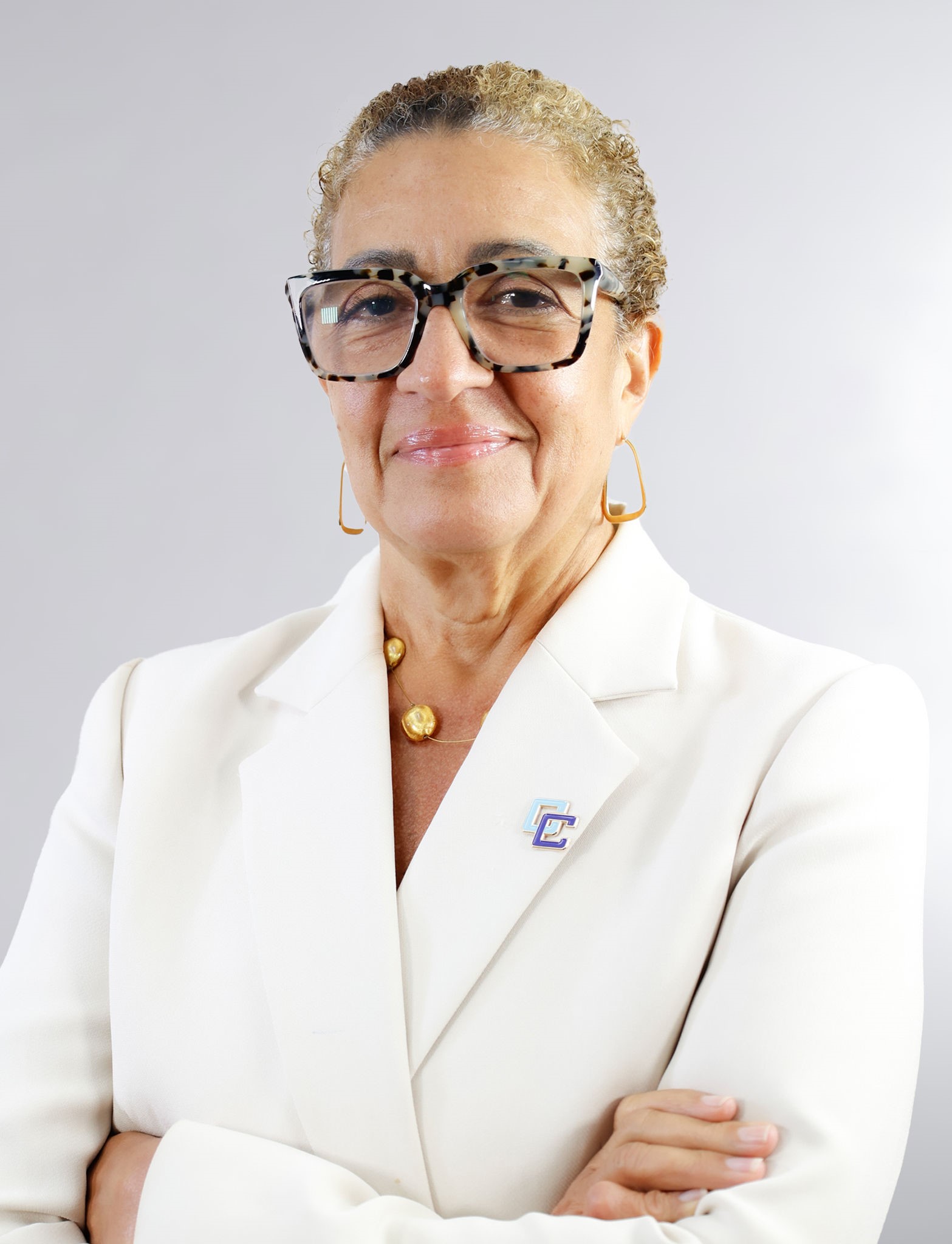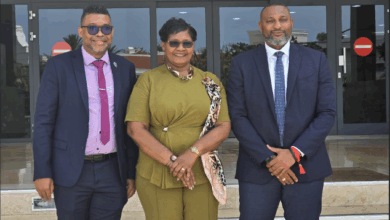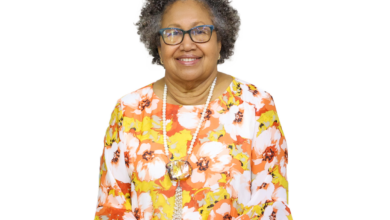(Caribbean Community (CARICOM) Secretariat, Turkeyen, Greater Georgetown, Guyana) – “We, the small states of the Caribbean, are not powerless.”
This sentiment was expressed by Assistant Secretary-General for Foreign and Community Relations at the CARICOM Secretariat, Ms. Elizabeth Solomon, during an address at a UN80 Conference hosted by The University of the West Indies, St Augustine Campus.
Speaking on the theme “Multilateralism in Action: Tackling Global Challenges with Local Impact – The Caribbean Response to Global Challenges to Multilateralism” Ms. Solomon said that the Community had earned its relevance in the multilateral system through decades of principled advocacy and experienced diplomacy.
“There is no doubt that the multilateral arena is deeply challenged… but we continue to coordinate our foreign policy knowing that we are stronger together.”
“CARICOM meets regularly at the level of Heads of Government and State, at the level of Foreign Ministers and through the various ministerial bodies on security, trade, health, education, agriculture, energy and other development issues affecting the region such as climate change and reform of the international financial system…and we do so effectively,” Ms. Solomon stated.
She highlighted recent diplomatic successes including the support for UN Security Council Resolution 2793 on Haiti, the deferral of the International Maritime Organization’s Net Zero Framework vote, and the election of a CARICOM national to lead the Organization of American States (OAS) as evidence of effective foreign policy coordination.
“These are big wins for small state diplomacy,” she noted. “We punch way above our weight.”
Ms. Solomon noted that foreign policy was central to CARICOM’s integration movement, enshrined in Article 6 of the Revised Treaty of Chaguaramas, which calls for enhanced coordination of foreign policies and the promotion of friendly, mutually beneficial relations among Member States.
Turning to the evolving nature of global threats, Ms. Solomon stressed that the most profound challenges facing the Caribbean are no longer traditional notions of security, but environmental, economic, and social threats, particularly those linked to climate change.
“Climate change is not just an environmental issue. It is a security issue. It is a threat multiplier that intensifies existing vulnerabilities and fuels instability,” she said, pointing to sea level rise, saltwater intrusion, and climate-induced displacement as tangible dangers for small island states.
Reaffirming CARICOM’s commitment to united advocacy and coordinated diplomacy, she stated, “Our collective strength is indispensable for advancing our priorities and ensuring the international community aligns with our interests, which are vital to our well-being.”
FeaturedIn FocusNewsNews and MediaPress ReleasesTrending
CARICOM States are small but not powerless – Assistant Secretary-General Elizabeth Solomon






